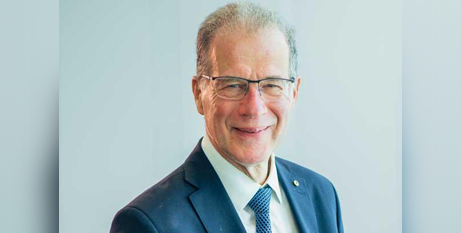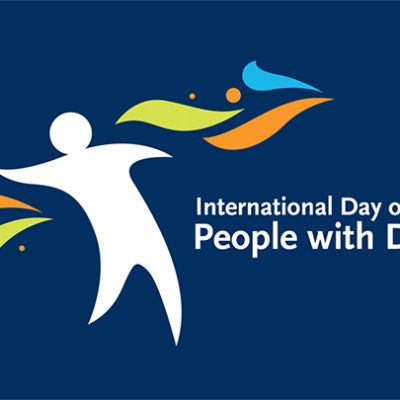
The future of the National Disability Insurance Scheme depends on state and local governments stepping up to provide services for the millions of Australians with disability who don’t qualify for the scheme, the head of the NDIS review warns. Source: The Australian.
This is particularly so for children with developmental concerns and delay who should be receiving “foundational supports” through maternal and child health services, early childhood education and schools, Bruce Bonyhady said.
It will require the federal and state governments to reach a new intergovernmental agreement clarifying their responsibilities, he said.
Speaking to a community meeting in Geelong yesterday, Professor Bonyhady laid out the review’s thinking ahead of its final report due in October, a fortnight after saying the $35 billion a year NDIS had become a “magic pudding” for governments, service providers and some people with disability.
He told the community meeting the original design of the NDIS relied on local, state and federal governments making mainstream services in areas such as health, education and housing outside the scheme more accessible to all people with disabilities.
“But more than a decade on, the promised rollout of community-wide services and supports has barely started – because all governments prioritised the rollout of individualised NDIS supports.
“The review strongly believes that the fairness, trust, and sustainability of the NDIS depends on the delivery of community-wide foundational supports to the one in five Australians with disability,” he said.
Amid concern about participant experience and scheme sustainability, NDIS minister Bill Shorten announced a review of the NDIS to be led by Professor Bonyhady and former senior public servant Lisa Paul.
Since then the Albanese Government has continued to flag cost growth in the NDIS as one of its key budgetary concerns, with projections by the National Disability Insurance Agency putting scheme costs at around $90 billion in 2032.
FULL STORY
NDIS future depends on states providing more mainstream disability support: Bruce Bonyhady (By Stephen Lunn, The Australian)






